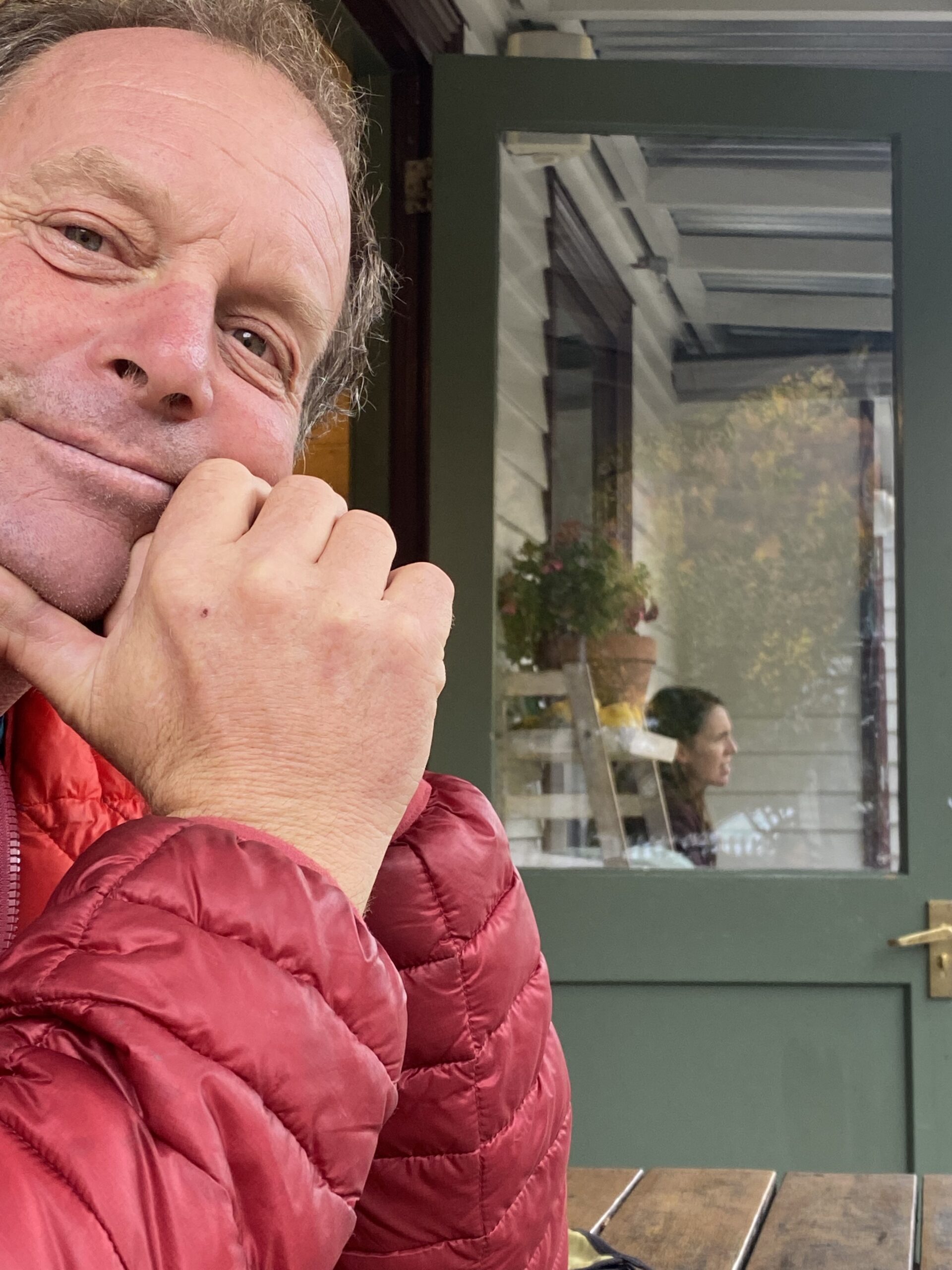The recurrence of seasons always bolsters one’s faith – the promise of fruit when blossoms arrive.
I love it when someone tells me about a paradigm that I haven’t previously heard of. New paradigms are always good for challenging your thinking. Paradoxes are particularly interesting, given that they put two things together that seem mutually incompatible, like Determinism and Free Will that I wrote about earlier this year. So today’s new paradigm/paradox for me is the Stockdale Paradox, which is:
Maintain faith that you will prevail in the end, while simultaneously confronting the most brutal facts of your current reality.
The Stockdale Paradox appears to have been widely taken up in management and leadership literature. The concept was described by author Jim Collins in his book ‘Good to Great’, where he investigated the commonalities of companies that transition from good to great. The Stockdale Paradox is, apparently, one of those commonalities. It is named after Admiral Jim Stockdale who was the highest ranking US military officer in the ‘Hanoi Hilton’ prison-of-war camp during the height of the Vietnam War. We went to see the Hanoi Hilton (below) and it didn’t look very nice.
Stockdale was tortured over twenty times during his imprisonment from 1965 to 1973 and had no idea when, or even if, he would be released. Stockdale told Collins that he never lost faith in the end of the story – he never doubted that he would get out and turn the experience into the defining event of his life. Stockdale also told Collins that the people most likely to die in captivity were the optimists – they would be hopeful they would get out by Christmas, then remain in captivity. Then they would hope for Easter, but nothing happened. Then they would hope for Thanksgiving, still no luck. In the end they gave up.

Stockdale followed the Greek Stoic philosophers who practised their philosophy from the 300s B.C. until the 200s A.D. They focused on understanding reality correctly and optimally shaping one’s response to it. To optimally shape a response means that you have to see what actually is happening – if you delude yourself as to what is happening, you will likely behave inappropriately because you are reacting to something that is not real. Stockdale accepted what was happening to him, taking it day by day, while believing that something different would happen in the end without any evidence of that different thing happening.
I very much relate to the Stockdale paradox. During the Canterbury earthquakes, and during the current pandemic, I remain quite convinced that ‘after’ will be very much unlike ‘before’, however I still believe ‘after’ is still a desirable place to reach. I wonder if this is related to one of my base philosophies – I am adopted and my birth parents had no intention of having a child together. How does one react to the knowledge that one’s conception was undesirable? In my case, by being eternally grateful that I exist, because it seems self-evident that never having existed would be worse than having existed. Its like reading dystopian fiction – you imagine that you are the lead character and figure out how you will survive, because giving up doesn’t make sense (though I have had one person say to me that they imagined themselves as a dead person in a dystopian fiction book they read).
I think that, for some, suggesting that post-COVID will be different from pre-COVID can seem like giving up – saying there is no way back to that ‘normal’ that people equate with ‘before’. People can see mine as a pessimistic stance – why can’t we have everything that we had before, and more? What I see is that the world is constantly changing. Change means that ‘before’ and ‘after’ can never be the same thing. We already know that most countries have seen many people die significantly earlier than they would have otherwise, many people struggling with mental health, health problems compounding because health focus and investment is on COVID-19, people have lost jobs and whole industries are at risk which depend on people coming into close contact. Significant amongst these are arts and tourism. The whole trajectory of the world has changed – where we were on a globalisation path with a world economy becoming increasingly integrated, countries are headed back to a focus on self-reliance.
No-one knows how the plot line of this story will go (and most certainly not economists). If we use Stockdale’s approach, we hold faith that we want to keep reading into the future while being realistic that we don’t much like the current plot line.
“Stories have changed, my dear boy,” the man in the grey suit says, his voice almost imperceptibly sad. “There are no more battles between good and evil, no monsters to slay, no maidens in need of rescue. Most maidens are perfectly capable of rescuing themselves in my experience, at least the ones worth something, in any case. There are no longer simple tales with quests and beasts and happy endings. The quests lack clarity of goal or path. The beasts take different forms and are difficult to recognise for what they are. And there are never really endings, happy or otherwise. Things keep overlapping and blur, your story is part of your sister’s story, is part of many other stories, and there is no telling where any of them may lead. Good and evil are a great deal more complex than a princess and a dragon, or a wolf and a scarlet-clad little girl. And is not the dragon the hero of his own story?” Erin Morgenstern The Night Circus

Discover more from Jane Shearer
Subscribe to get the latest posts sent to your email.



